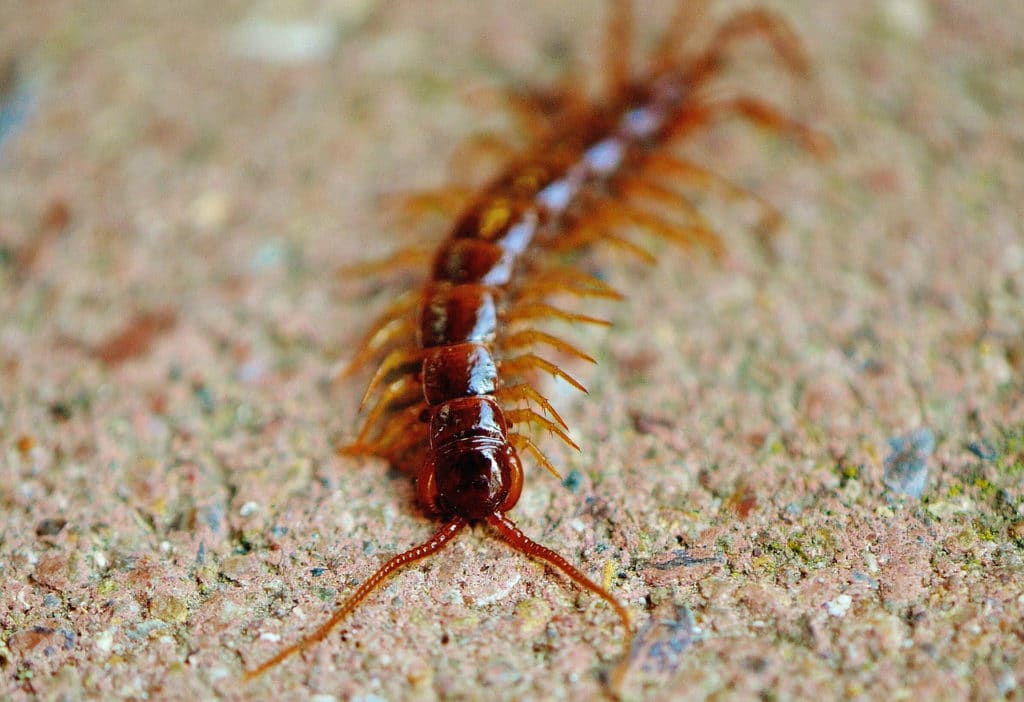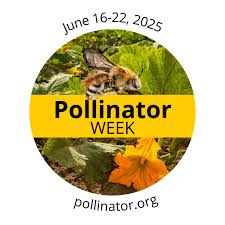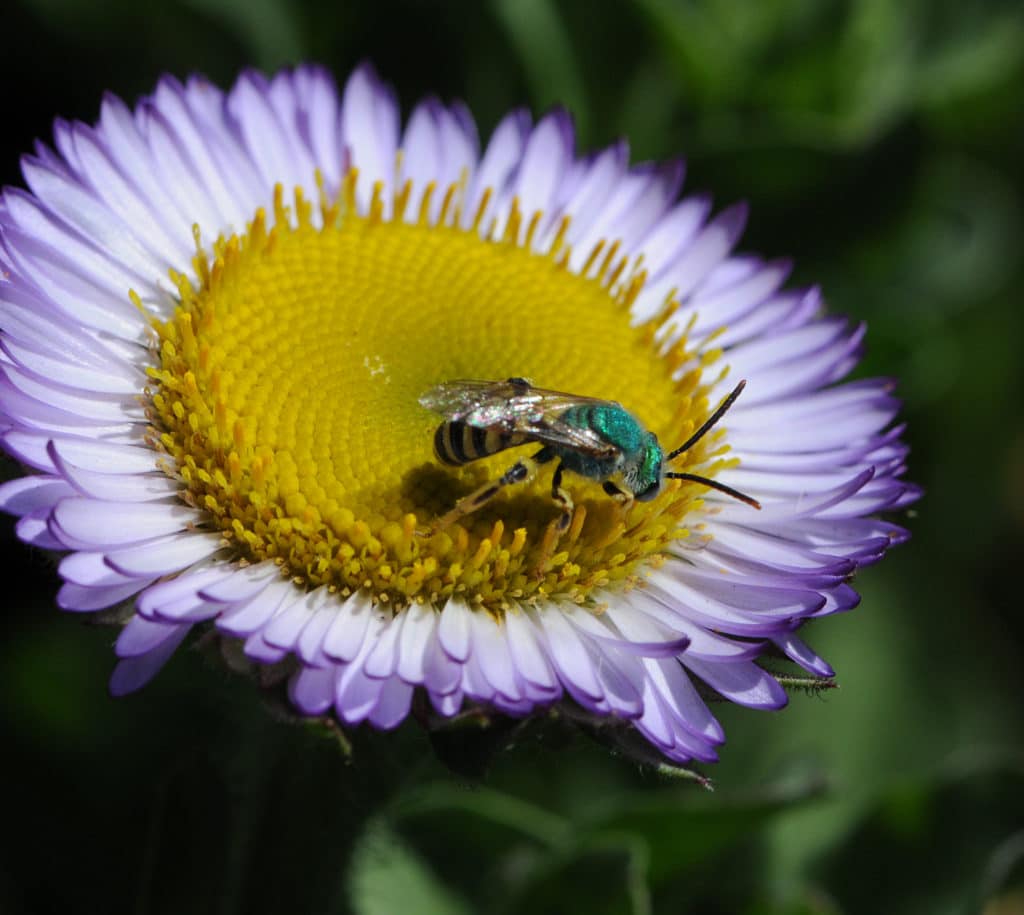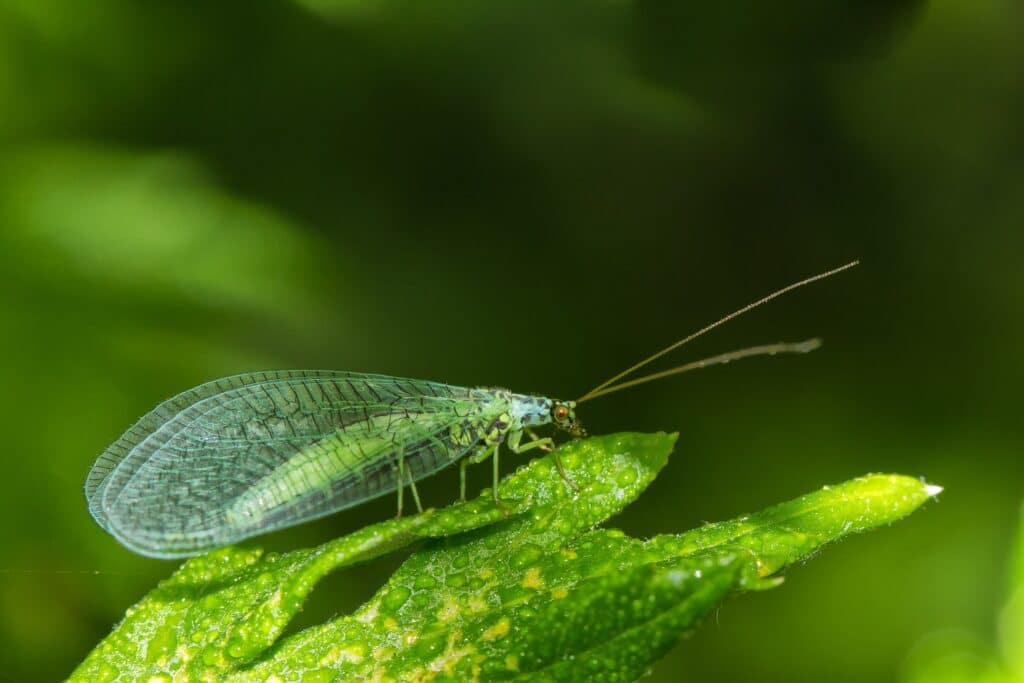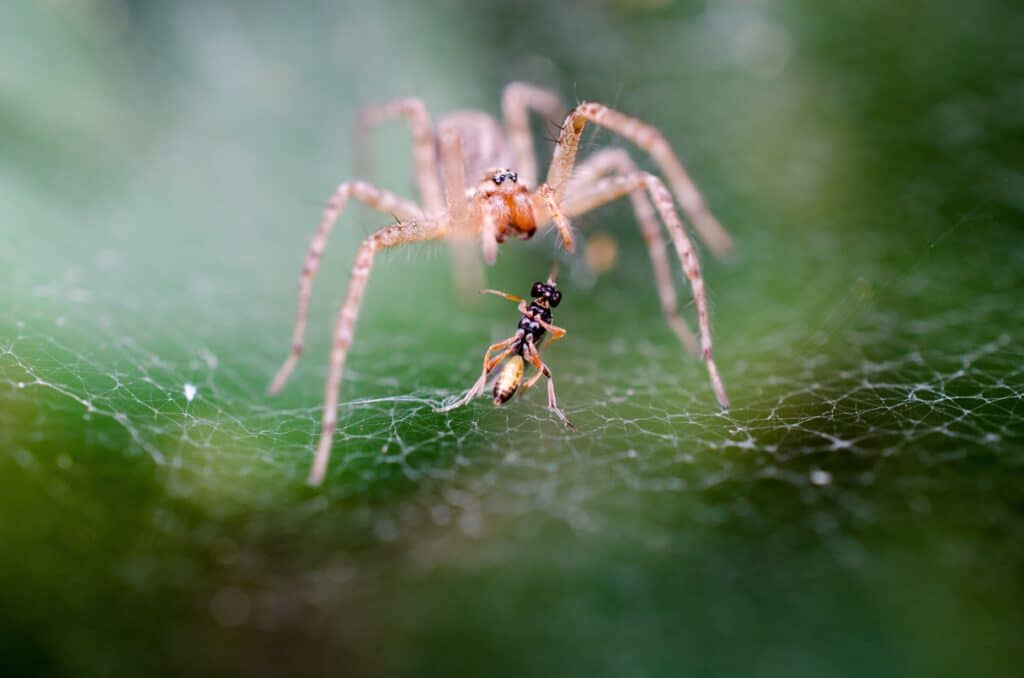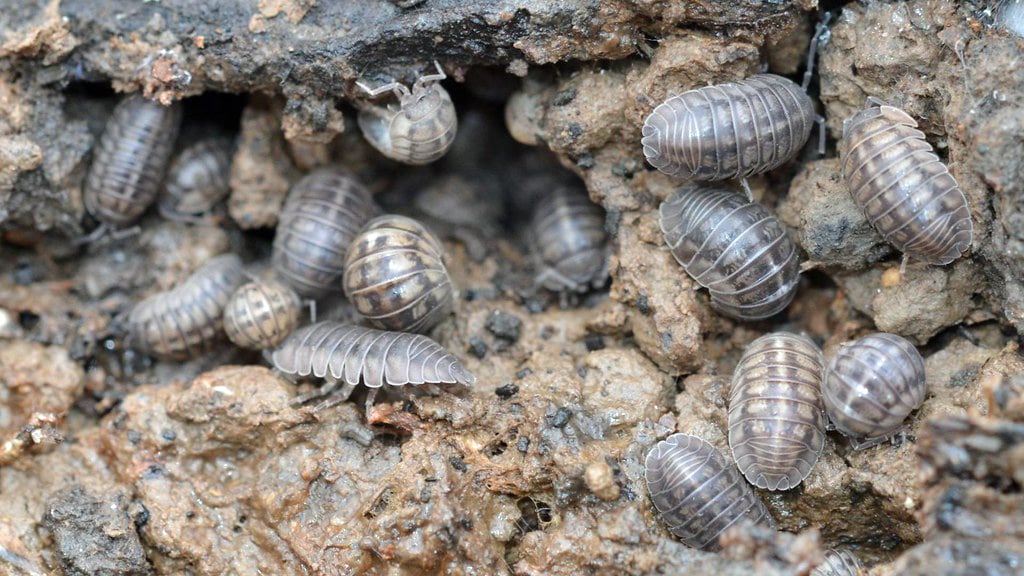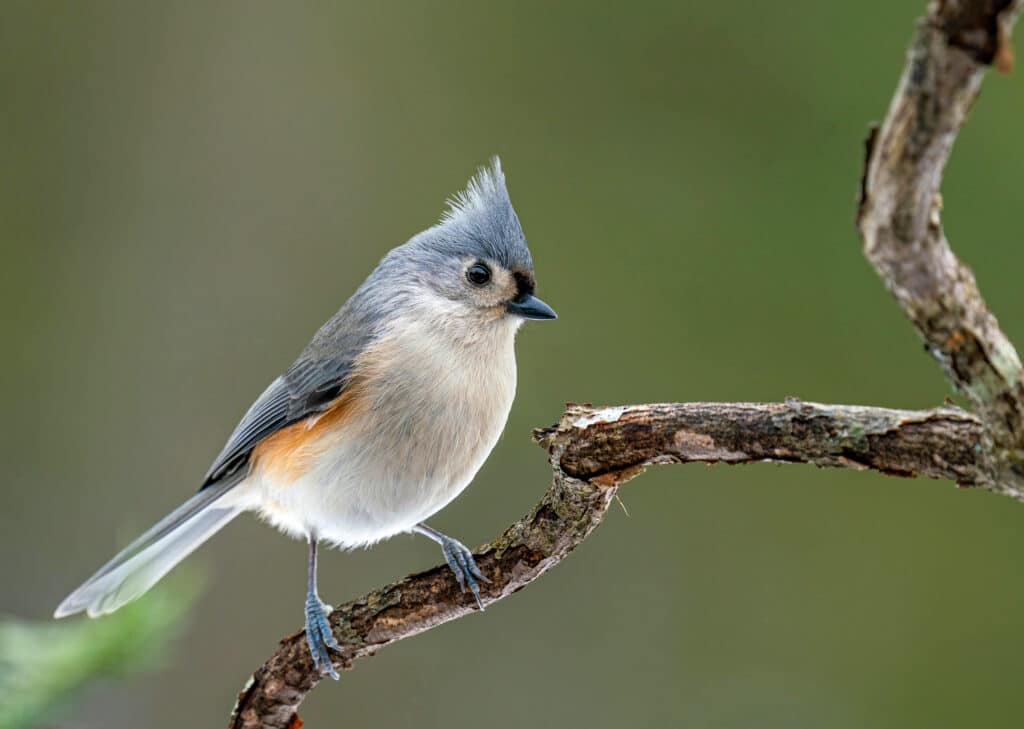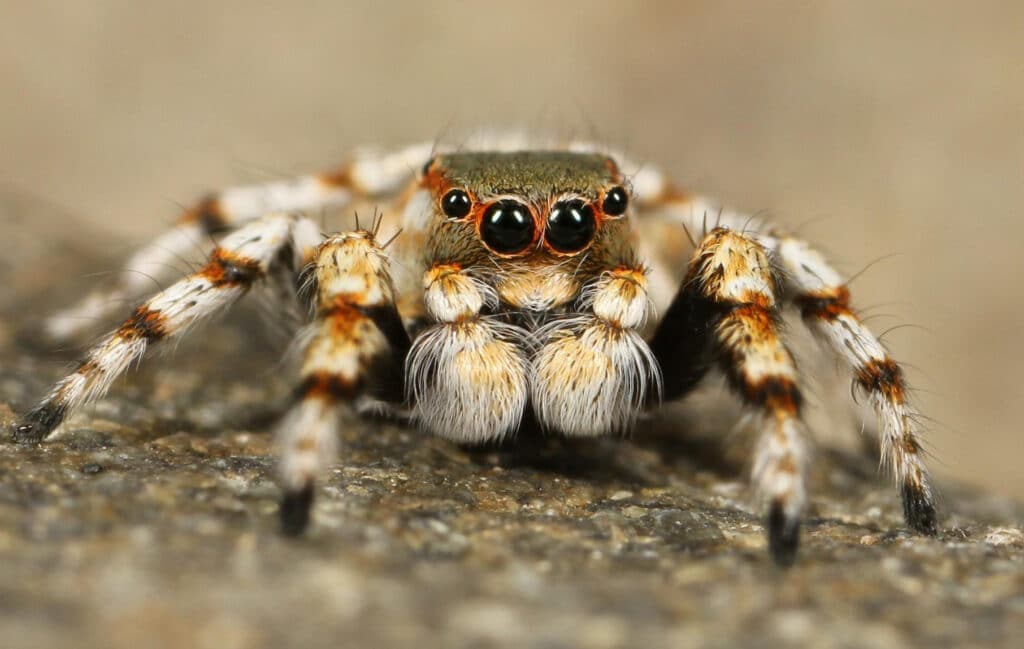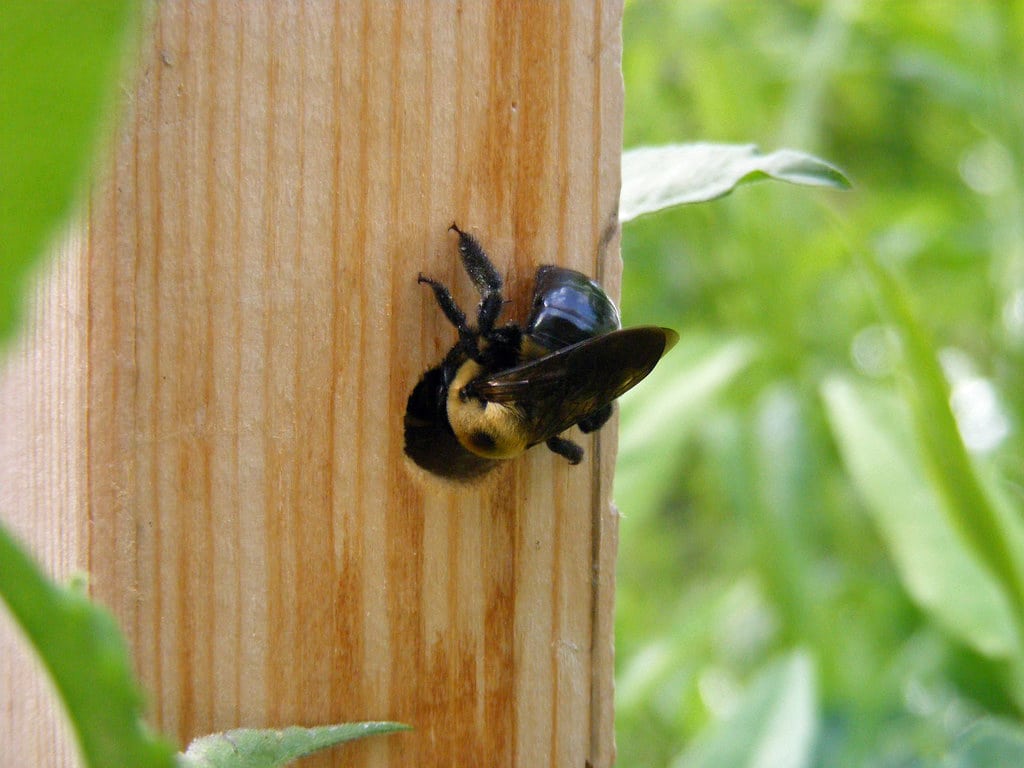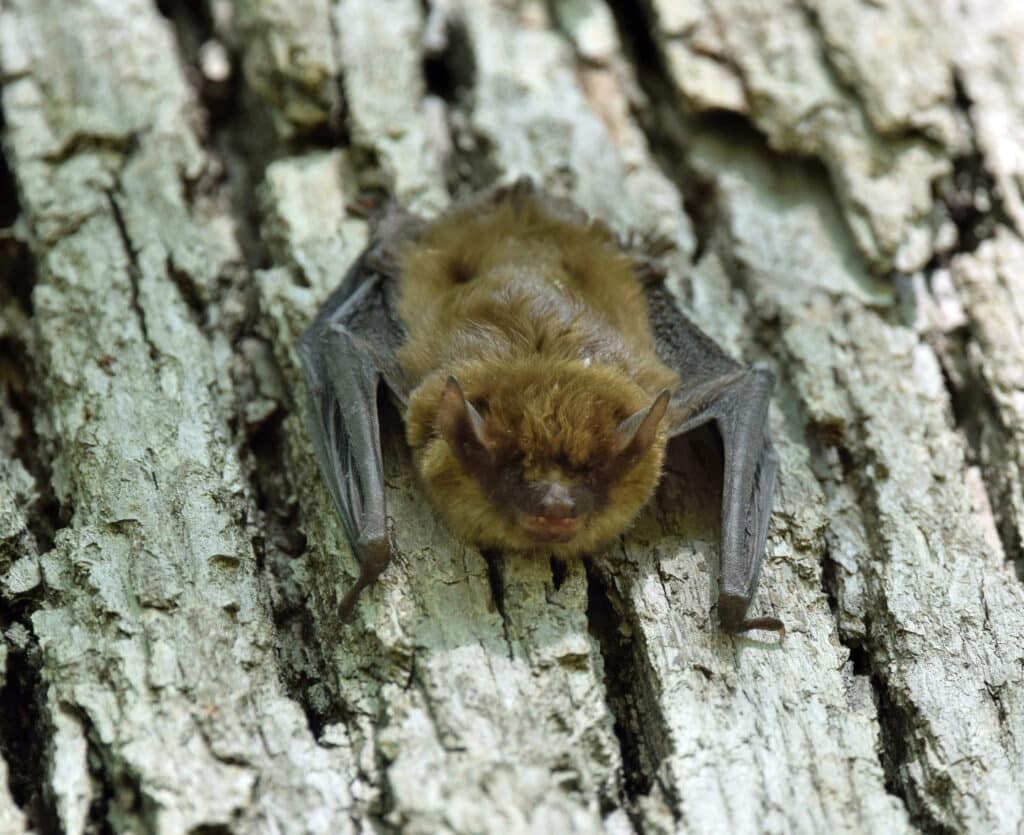What’s that Crawling in the Garage?
Ever see a creepy, crawly, worm-like creature with oodles of legs in your yard or even in your house? Could be a centipede or a millipede. These strange looking critters are not insects – they’re more closely related to lobsters, crayfish, and shrimp, but are land dwellers. They’re most active at night around moist habitats […]
What’s that Crawling in the Garage? Read More »
